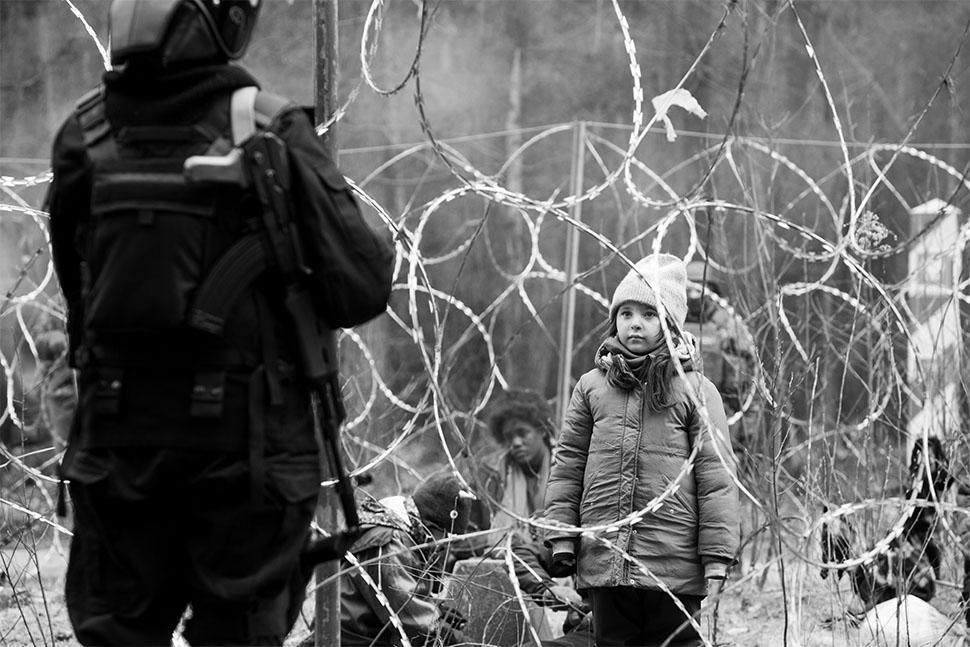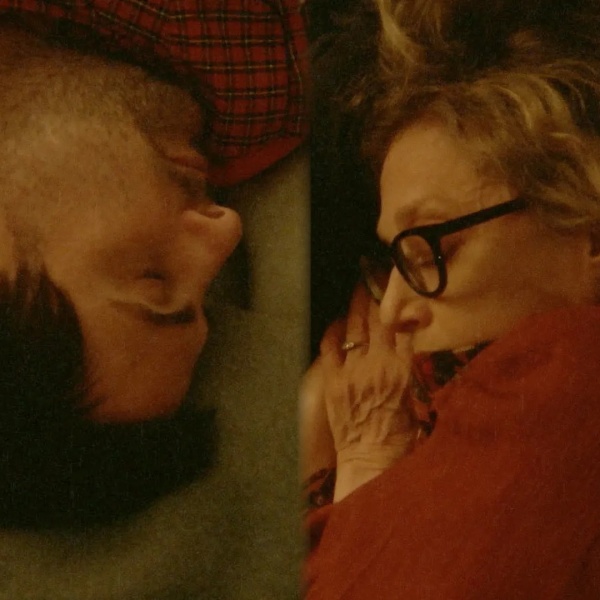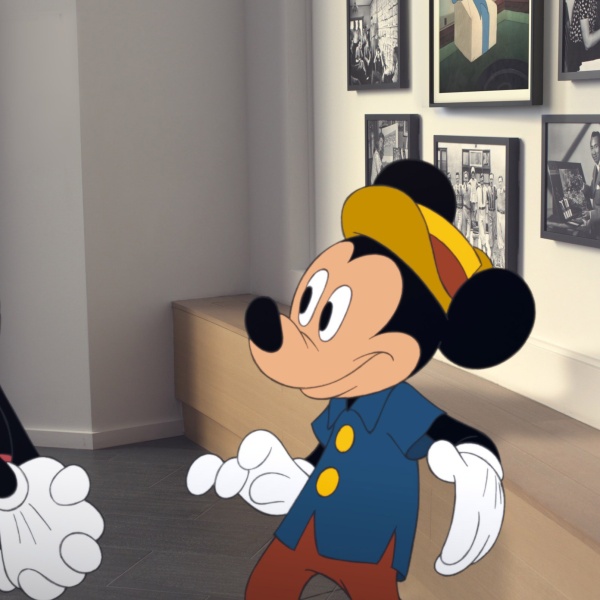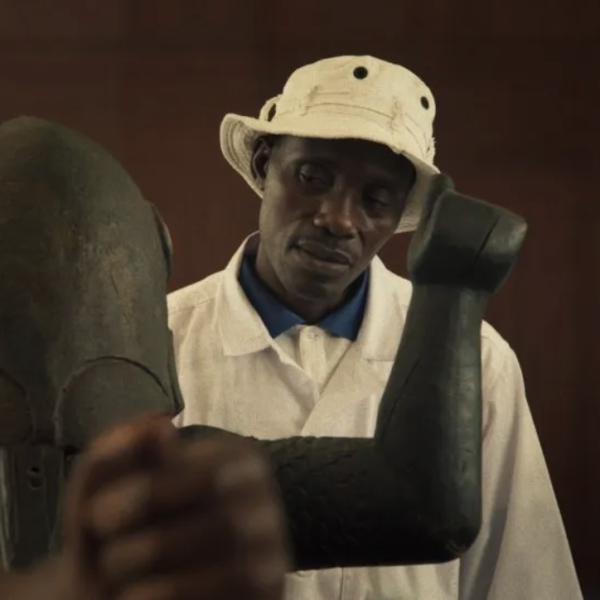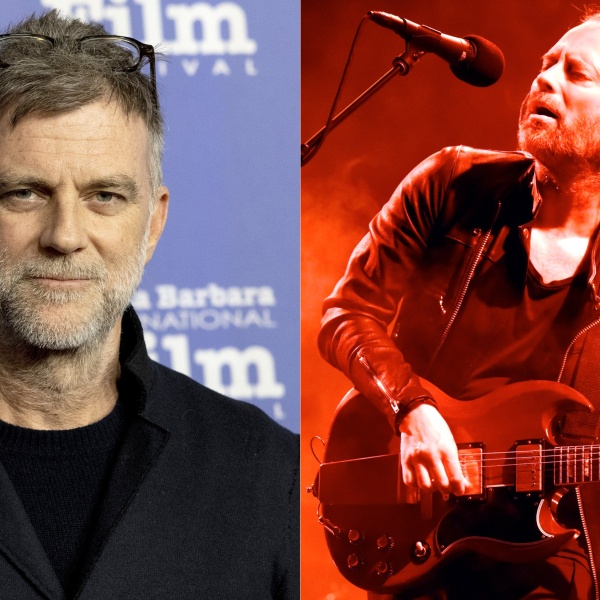If you’ve seen “Europa Europa”, the real-life story of a Jewish boy who escapes a Nazi concentration camp and joins the German army, you’ll know that the Polish director Agnieszka Holland knows how to make films about people wriggling their way through life. Her latest film, which is in competition at Venice, tells several interlinked stories in and around the swampy forest border region between Poland and Belarus. We meet border guards, activists, and refugees themselves. Despite biting off a bit more than it can chew, it’s an affecting introduction to a little-known crisis and the latest case of a master filmmaker showing us they can still do it.
Six weeks out of a national election in which Poland’s hard-right government is expected to extend its grip on power, “Green Border” also has a moral urgency beyond its representation of refugees’ hardship, who are described by members of Poland’s Straż Graniczna as “tourists.” If only it were so easy. The Belarusian government allows flights from war-torn parts of Africa and the Middle East in order to send migrants toward Poland, creating problems for its neighbor, a member of NATO and the European Union.
Bashir (Jalal Altawill) and his family are mere pawns in that petty political battle, believing the false promise that they can easily transit to Swedish city Malmö, where their extended family are based. Jan (Tomasz Włosok) is tasked with making their mission as difficult as possible: Belarus’s border force happily takes migrants to the barbed wire fences, and Poland’s pushes them back through. In the last couple of years Poland has introduced a so-called exclusionary zone, where normal rules don’t apply. Lawyers and activists can be imprisoned simply for traveling inside the area, while ambulances attending to the (many) medical emergencies must be accompanied by border guards, who’ll duly escort them back to Belarus upon recovery. Think of a bleak version of the Abe-Simpson-walking-into-Moe’s GIF.
This absurdity weighs on Jan, whose heavily pregnant wife is anxious for their new home to be ready in time for their daughter’s arrival. Though he doesn’t seem to drink the Kool-Aid of disregarding refugees’ humanity altogether, Jan must carry out the agency’s increasingly grim tactics, and finds his soul suffers. Włosek would be hard to tell apart from Harris Dickinson, his gaunt face almost hiding the twinkle in his eye. Altawill, himself a refugee who fled Syria in 2011, and Behi Djanati Atai as fellow traveller Leila, have a little less need for nuance, their characters’ situation straightforwardly dire and their performances more physical.
The most memorable performance is Maja Ostaszewska as Julia, a therapist-turned-activist whose involvement in the crisis begins when she hears Leila’s screams from deep in the forest. Julia serves as a proxy for audiences whose sheltered lives have blinded them to the everyday tragedies on their doorstep. And Holland lets none of Europe off the hook: we’re told twice that at least 20,000 migrants have died in the Mediterranean while trying to reach the continent since 2015.
Holland has always been more of a European filmmaker than a Polish one; having trained in Czechia, she shuns many of the political and aesthetic hangups of her countrymen and women. “Green Border” is further evidence of that: The first word that appears onscreen is “Europe”, an apparent nod to the continent’s doomed hope for overseas refugees and a reminder just how difficult it is to tell apart Poland’s far east from western Belarus. No refugee arrives in Europe hoping to end up in the poorest part of one of its least wealthy nations, but Bashir, Leila and everyone else who lands in Minsk cannot afford to be fussy. Most Poles do not reward their desperation. Even opposition leader Donald Tusk, who led the European Union before returning to Polish politics, has described the country’s oppressive border policies as “uncontrolled.”
Holland’s film is a desperate, transparent call for her country to get a grip. That seems optimistic, but she is certainly pissing off the right people: Justice Minister Zbigniew Ziobro, whose notoriety as a hardliner in a hardline government earns him a name drop in Holland’s film, has already compared “Green Border” to “Third Reich propaganda.” Despite the noise around it, which will probably help “Green Border” among those willing to hear it out, it does pay the price of not holding together brilliantly as a film. Its three narratives never fully work together, even as they begin to interlink. Its moments of true emotional poignancy work well, but are all too rare in a film that otherwise has plenty to say.
Grade: B
“Green Border” premiered at the 2023 Venice Film Festival. It is currently seeking U.S. distribution.
